Tackling priority diseases
We concentrate on infectious diseases with the highest impact in sub-Saharan Africa:
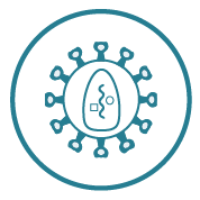 HIV
HIV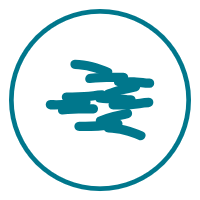 Tuberculosis (TB)
Tuberculosis (TB)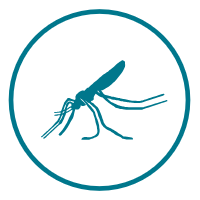 Malaria
Malaria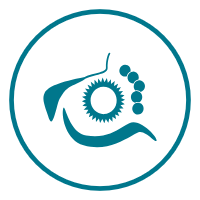 Neglected infectious diseases
Neglected infectious diseases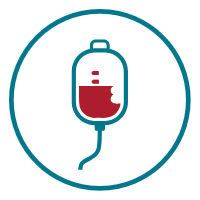 Diarrhoeal diseases
Diarrhoeal diseases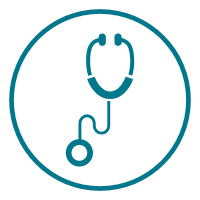 Lower respiratory tract infections
Lower respiratory tract infections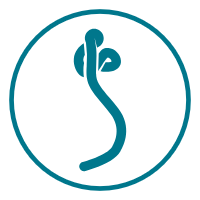 Emerging and re-emerging infectious diseases
Emerging and re-emerging infectious diseases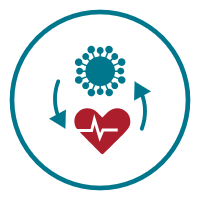 Co-infections, comorbidities and their interaction with non-communicable diseases (NCDs)
Co-infections, comorbidities and their interaction with non-communicable diseases (NCDs)
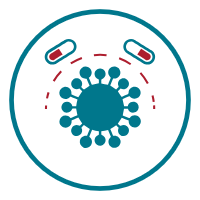 Antimicrobial resistance (AMR)
Antimicrobial resistance (AMR)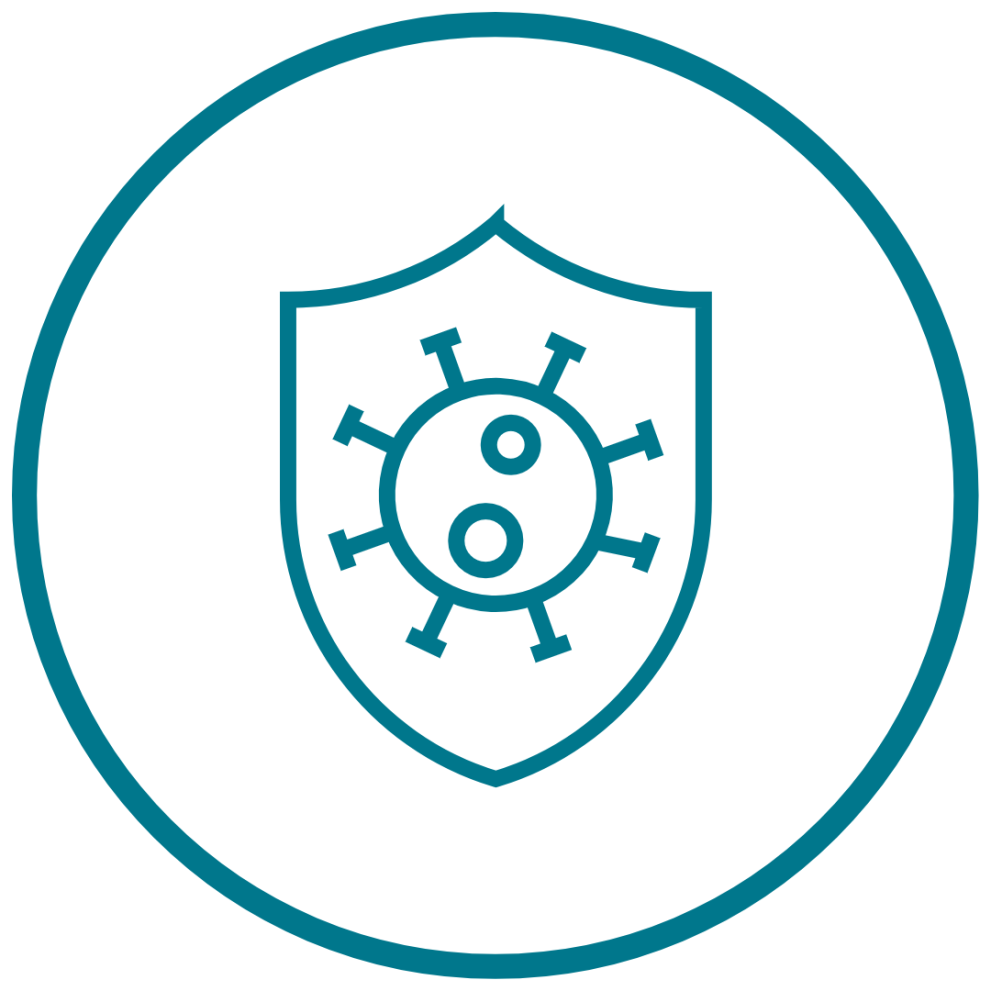 Epidemic preparedness
Epidemic preparedness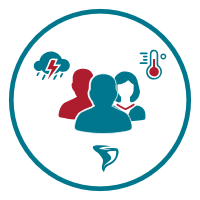 Health effects of climate change (including climate-driven shifts in disease patterns)
Health effects of climate change (including climate-driven shifts in disease patterns)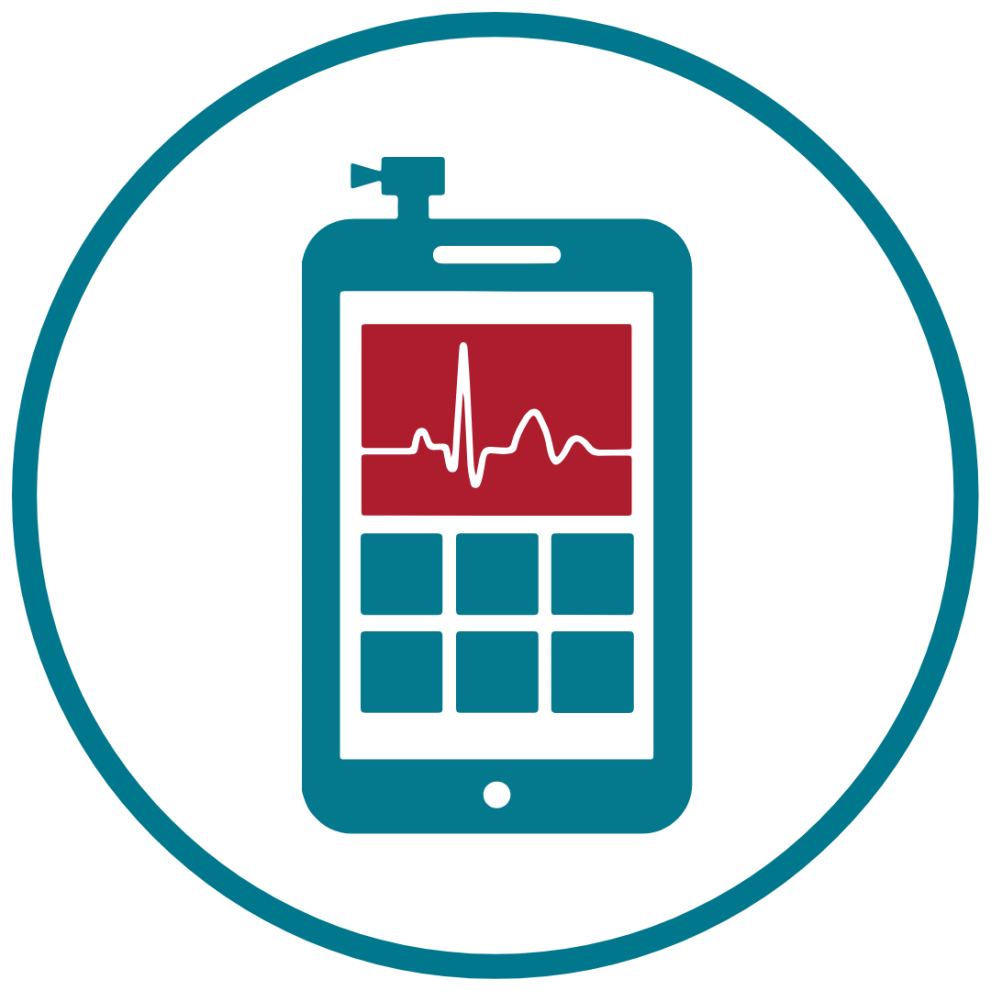 Digital health solutions
Digital health solutions
Accelerating medical innovation
We fund clinical research to evaluate:
- drugs,
- vaccines,
- therapies,
- diagnostics,
- other medical tools.
Our support covers all stages of clinical development, with a particular emphasis on late-stage trials (phases III and IV) and real-world implementation research to support uptake in health systems, including safety monitoring, field trials and effectiveness studies.
Strengthening health research ecosystems
We strengthen the foundations for high-quality, ethical clinical research in sub-Saharan Africa by:
- Supporting the development of infrastructure and research systems.
- Enhancing regulatory and legal frameworks.
- Improving ethics review processes.
- Building institutional capacity for sustainable research.
Investing in future leaders
We foster a new generation of scientific leaders in Africa by:
- Supporting researchers at all career stages, from Master’s and PhD students to postdoctoral fellows.
- Providing tailored training opportunities.
- Enabling networking and collaboration, including through the EDCTP Alumni Network.
How our funding works
- Regular calls for proposals are launched every year, guided by the Strategic Research & Innovation Agenda (SRIA).
- Applicants submit proposals to address priority topics in infectious disease research and capacity building.
- Independent experts evaluate the proposals by assessing excellence, impact, and quality of implementation.
- Selected projects receive funding from the European Union and participating states, often complemented by financial backing from contributing partners.